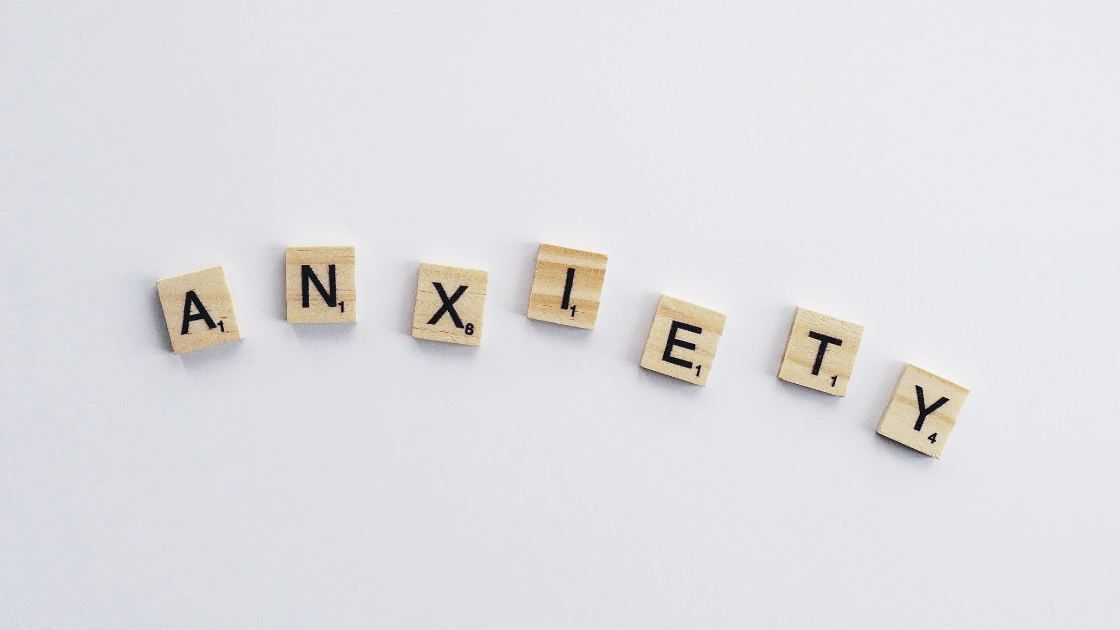Are you surprised that anxiety is useful? However, like many powerful emotions, if not controlled it has the potential to cause great harm.
Anxiety is an emotion characterized by feelings of tension, worried thoughts, fear, stress, and physical changes including increased blood pressure. Anxiety is a normal emotion. It’s your brain’s way of reacting to stress and alerting you of a potential danger. Everyone feels anxious at certain times, and surprising to most, anxiety is a tool for useful applications. For example, you may worry when faced with a problem at work, prior to taking a test, or before making an important decision. Perhaps your anxiety assists you in putting extra effort into your work or personal tasks, making a good impression, or moving you closer to accomplishing major life goals. Anxiety will also help you escape dangerous situations that suddenly appear. When considering your own anxiety, try to think of ways that you can use it to inspire your growth, self-improvement, or solve a problem.
Stated again, anxiety is your brains way to tell your body to fight (face the situation), flight (leave the situation), or freeze (pause in the situation.) It is intended to be a short-term emotion that signals your brain to address an immediate problem. Anxiety is not intended to transform into a long-term debilitating and persistent fear that consumes your thoughts regarding a potential future outcome of an issue. Constant worrying and negativity will take a toll on your emotional and physical health. It will drain your emotional strength and leave you feeling restless and irritable. Furthermore, it can cause insomnia, headaches, stomach problems, muscle tension, and make it difficult to concentrate at work, school, or at home.
Examples of when anxiety stops being helpful and becomes a debilitating problem include:
- Persistent worry
- Incessant beliefs centered on worst-case scenarios
- All-or-nothing thinking
- Overgeneralization (making overall assumptions based on a single event.)
The problem with persistent worry and anxiety is the fact that neither of these emotions have solved any problems you have ever faced during your lifetime. Your actions led to the solutions. You either took action to change the circumstance, you accepted the circumstance and moved on, or you simply ignored the circumstance. Anxiety is just the trigger that tells you a decision needs to be made. When anxiety appears, tell yourself, “My anxiety is a helpful tool, and I need to use it and then lose it!”
When you experience anxiety, ask yourself, “Is this anxiety useful?”
If you answer “yes,” to the question, then clearly define the legitimate danger or concern. Determine if the odds of your fear are likely to occur. If it’s a rational fear and is likely to occur, create your plan, and act towards addressing the danger by implementing change. A plan followed by action towards a solution alleviates anxiety’s control over your mind. Once you begin to create your plan, tell yourself the anxiety has served its purpose, and erase it from your mind. Your plan, whether immediate in nature, or more comprehensive for bigger issues, is now your focus on the matter. A persistent worrying mindset will do nothing to help achieve your plan and goal. Remind yourself, you’re survived 100% of the anxiety you’ve dealt with in your life. You have an undefeated record! Use your anxiety to trigger the creation of a plan to solve an issue, and then eliminate the worry from your mind. You can control your thoughts. Again, tell yourself your anxiety has fulfilled its purpose and focus on achieving the next step towards your goal. You have the ability to move forward to address a problem seriously without anxiety.
On the other hand, when you are feeling anxious, if the answer to the question, “Is this anxiety useful?” is “no,” then kill the thought immediately! Tell yourself this anxiety is not useful. Accept the situation or ignore it. Most of your daily negative thoughts will fall into this category. Worrying does not take away tomorrow’s trouble, it takes away today’s peace. Tell yourself that anxiety will do nothing to solve a problem.
Jesus Christ’s comments about worry are recorded in in the book of Matthew 6:25-27
25 “Therefore I tell you, do not worry about your life, what you will eat or drink; or about your body, what you will wear. Is not life more than food, and the body more than clothes? 26 Look at the birds of the air; they do not sow or reap or store away in barns, and yet your heavenly Father feeds them. Are you not much more valuable than they? 27 Can any one of you by worrying add a single hour to your life.”
Jesus is clearly speaking to people who struggle with persistent worry, beliefs consistently centered on the worst-case scenarios, all-or-nothing thinking, and overgeneralization (making overall assumptions based on a single event.)
When you experience anxiety, use it and lose it.
Live The Pursuit of Growth





